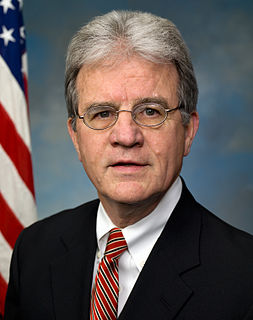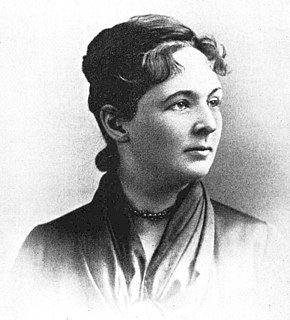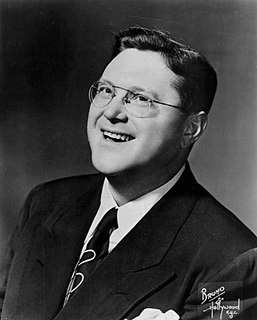A Quote by Susie Orbach
Our idea of a healthy body is so destabilised that insecure people have come to bolster their own bodies by deeming others - those with fat bodies - less worthy, less capable and less employable.
Related Quotes
Are we our bodies? Is a small person less than a big person, then? If we were our bodies, then when we lost an arm, or a leg, would we be less, would we begin to fade from existence? No. We are the same person. We are not our bodies; we are our thoughts. As they form, they define who we are, and create the reality of our existence.
White supremacist ideology is based first and foremost on the degradation of black bodies in order to control them. One of the best ways to instill fear in people is to terrorize them. Yet this fear is best sustained by convincing them that their bodies are ugly, their intellect is inherently underdeveloped, their culture is less civilized, and their future warrants less concern than that of other peoples.
In our concern for others, we worry less about ourselves. When we worry less about ourselves an experience of our own suffering is less intense. What does this tell us? Firstly, because our every action has a universal dimension, a potential impact on others' happiness, ethics are necessary as a means to ensure that we do not harm others. Secondly, it tells us that genuine happiness consists in those spiritual qualities of love, compassion, patience, tolerance and forgiveness and so on. For it is these which provide both for our happiness and others' happiness.
the less you respect, the less respectable you are; the less you honor, the less in you is to be honored. There are those 'whom not to know argues one's self unknown,' so if you have no reverence in a world where there is so much that is noble and venerable, then there will be something terrible lacking in your own character.
Not everything that lowers HDL is bad for you. If you change from a high-fat, high-cholesterol diet to a healthy low-fat, low-cholesterol diet, your HDL levels may stay the same or even decrease because there is less need for it. When you have less garbage, you need fewer garbage trucks to remove it, so your body may make less HDL.
Where people work longest and with least leisure, they buy the fewest goods. No towns were so poor as those of England where the people, from children up, worked fifteen and sixteen hours a day. They were poor because these overworked people soon wore out -- they became less and less valuable as workers. Therefore, they earned less and less and could buy less and less.
Which people take the time to care for their souls, these days? I reckon not many. But...hear this: I think that maybe in our lives - in our scrabbling for food, in the washing of our bodies and warming of them, in our small daily battles - we can forget our souls. We do not tend to them, as if they matter less. But I don't think they matter less.






































